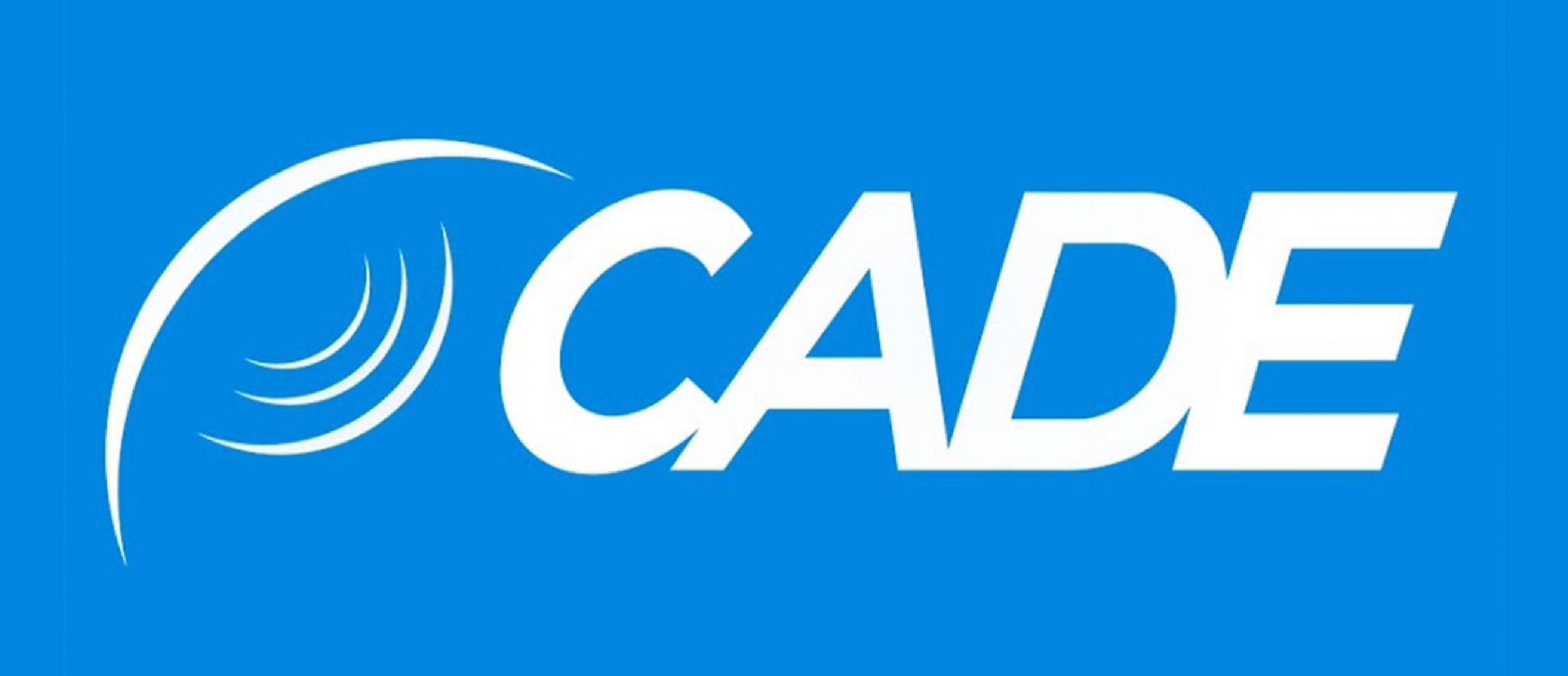CADE has been focusing considerable efforts to respond adequately to the challenges raised by the digital economy in the recent years. They include primarily institutional strengthening; domestic and international cooperation; and advocacy work. The first comprises training of its staff, bringing capacities in-house and the development of its analytical and enforcement tools. Cooperation with other government bodies that have significant interplay with competition enforcement in the digital economy has also been on the agenda, as well as international arenas to discuss the development of competition policy within the digital economy. CADE has also been conducting advocacy efforts, especially through studies conducted by its Department of Economic Studies. In this endeavor, more questions than answers arise, but CADE believes it has been on track in the search of possible answers and is eager to debate and refine them with other antitrust authorities, the academia and practitioners in the international arena.
Patricia Alessandra Morita Sakowski & Christine Park1
I. INTRODUCTION
Antitrust authorities have been responding to the challenges posed by innovative markets, disruptive businesses and a fast-changing economy worldwide, and it has not been different with the Brazilian Administrative Council for Economic Defense (“CADE”).
Studying the impact of the digital economy on antitrust analysis and designing
...THIS ARTICLE IS NOT AVAILABLE FOR IP ADDRESS 216.73.216.213
Please verify email or join us
to access premium content!

